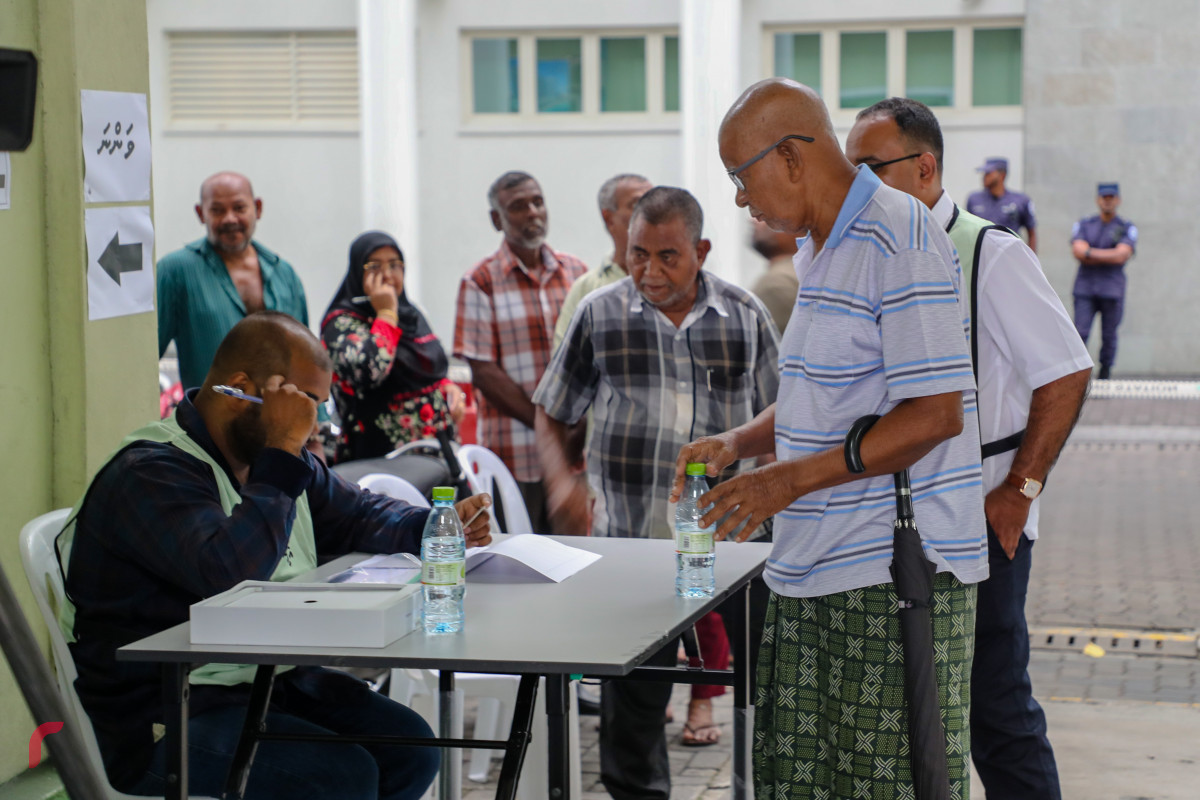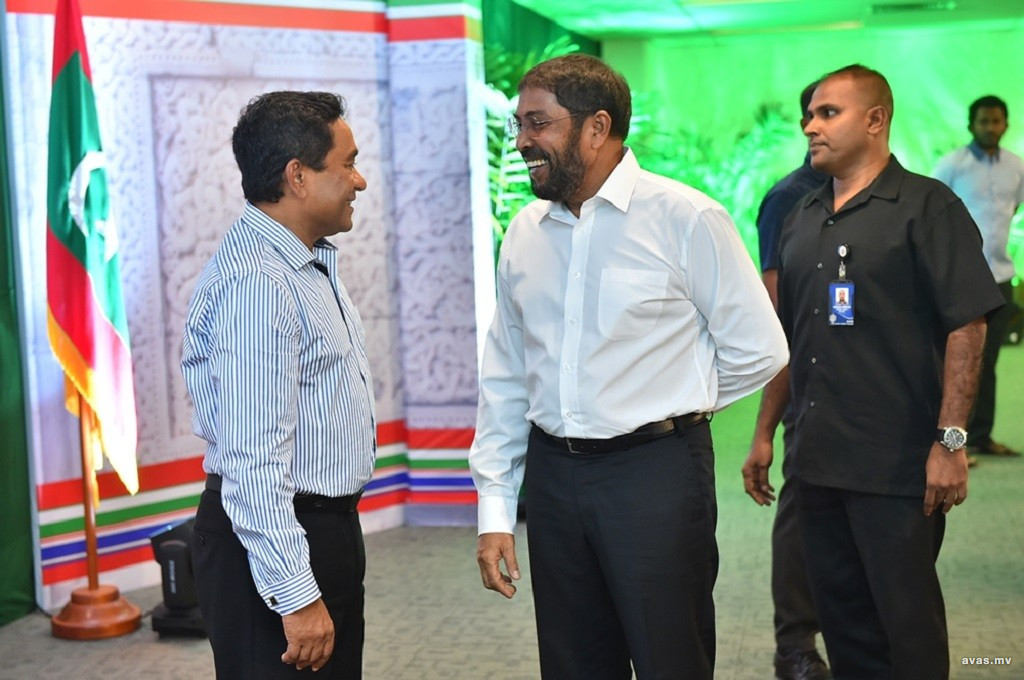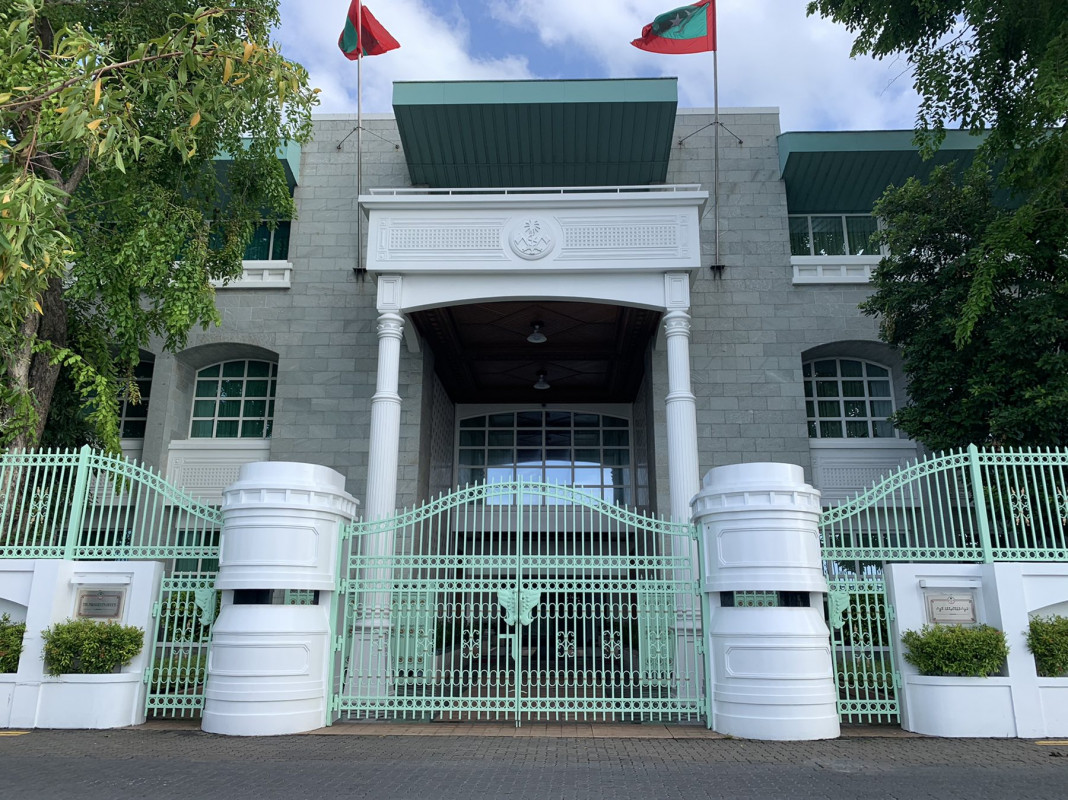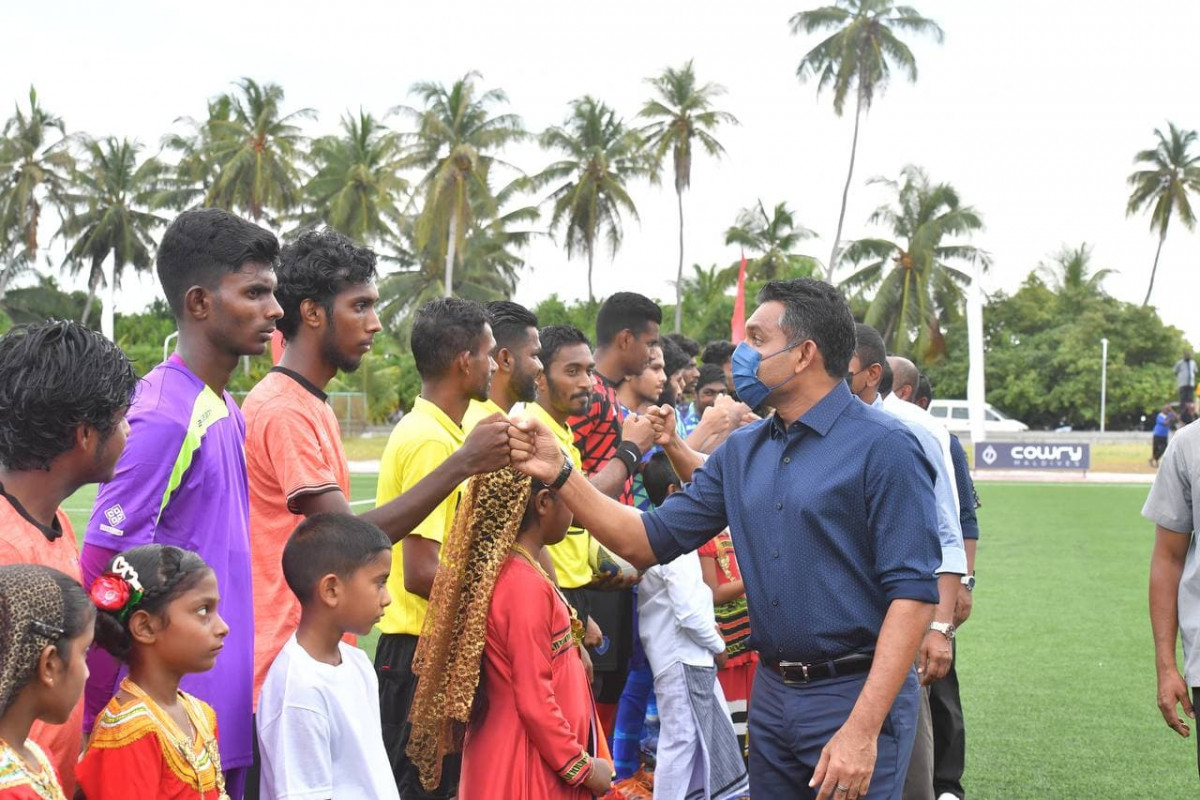Transparency calls for more inclusive and transparent elections
TM raised numerous issues and made recommendations in its report on the 2018 presidential election


A polling station during the 2018 presidential election
Transparency Maldives (TM) has called for more inclusive and transparent elections.
The anti-corruption watchdog has raised numerous issues and made recommendations in its report on the 2018 presidential election.
In the post-election report, TM highlighted the lack of trust towards the Elections Commission (EC) and the electoral process and recommended that the EC clarify its code of conduct to ensure the commission’s independence.
It also recommended that the Supreme Court’s 16-point guideline on the electoral administration be revoked.
TM advised that the National Advisory Committee work to build trust in the election administration by increasing transparency and inclusiveness in the electoral process.
The NGO also found that the general public is concerned by the failure of authorities to take timely action for complaints and the lack of public awareness about the complaints mechanism and therefore recommends that the relevant authorities coordinate in spreading awareness about the complaints mechanism and investigating offences.
Transparency also recommended that the EC and civic and voter education providers conduct information sessions for persons with disabilities and facilitate polling stations for them to vote without assistance.
It also requested political parties and civil society to provide female candidates with training in areas such as campaigning, fundraising, and public speaking to increase female representation in the country’s decision-making process. Parties are also recommended to allocate funding for their female candidates and adopt a quota for women in the party’s leadership and the elections.
Abuse of state resources have been a regularly observed, yet unaddressed issue since Maldives’ democratic transition in 2008, stated Transparency, adding that examples of such abuses include the inauguration and completion of government projects close to election day, use of state venues, vehicles and use of human resources for campaign activities. These abuses can be mitigated through monitoring and reporting instances of misuse of state resources.
Highlighting the issue of vote buying, Transparency stated that a lack of political will to address this issue was signified when the bill submitted to the parliament to invalidate ballot papers with extra marking was later withdrawn. Transparency stated that it found that 70% of ballot papers in the presidential election had additional markings, which could be indicative of vote buying.
Transparency recommended that the legal framework be strengthened explicitly to criminalize selling of votes and redefine vote buying to include giving gifts and contributing to social work during the election campaign.






